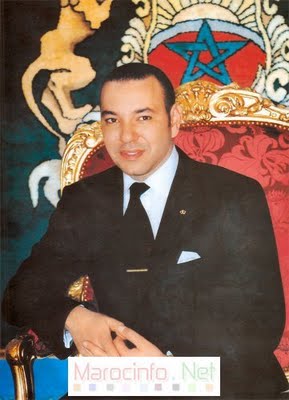
Here in Morocco, where I am attending the
IUSSP conference on population, if you never went to elementary school or if you married at a young age, you are likely to have more children.
A Bangladeshi couple is more likely to have a third child if they have 0-1 sons, but a European couple is increasingly likely to prefer daughters because they take better care of their aging parents.
Globally, a forthcoming
Harvard study shows that the “Reproductive Health Laws Index”—which includes the legal framework governing abortion, condoms, IUDs, and birth control pills—can predict fertility (more liberal laws = fewer children) and potentially increase female participation in the labor force.
Such causes of population growth are favorite topics for demographers and family planning experts here at the conference, and were quite well attended. However, perhaps due to the large number of European attendees, the panels on this popular topic were empty in comparison to those examining
aging, fertility decline, and migration—issues at the forefront of European policymakers’ agendas.
A Message From His Majesty
“One of the characteristic features of our population policy stems from our firm belief that [its] impact … cannot be determined in isolation from economic, social, cultural and political factors,” wrote Morocco’s King Mohammed VI in a welcome letter delivered to the conference, which also discussed aging, climate change, food security,natural resource scarcity, the economic crisis, and growing levels of income inequality.
Morocco is taking steps to tackle this complicated set of problems. The government has launched a National Initiative for Human Development to fight poverty and social inequalities, and help Morocco meet the Millennium Development Goals (MDGs). He also notes that the country’s “political and social reforms aimed at increasing the scope of democratic participation and ensuring the advancement of women.”
Like all leaders, Morocco’s will be measured not by his words—eloquent as these may be—but by his deeds and the country’s progress. Morocco has some work to do to reach the MDGs and other social and economic goals.
 Here in Morocco, where I am attending the IUSSP conference on population, if you never went to elementary school or if you married at a young age, you are likely to have more children.
Here in Morocco, where I am attending the IUSSP conference on population, if you never went to elementary school or if you married at a young age, you are likely to have more children. A Publication of the Stimson Center.
A Publication of the Stimson Center.

 Here in Morocco, where I am attending the
Here in Morocco, where I am attending the 

